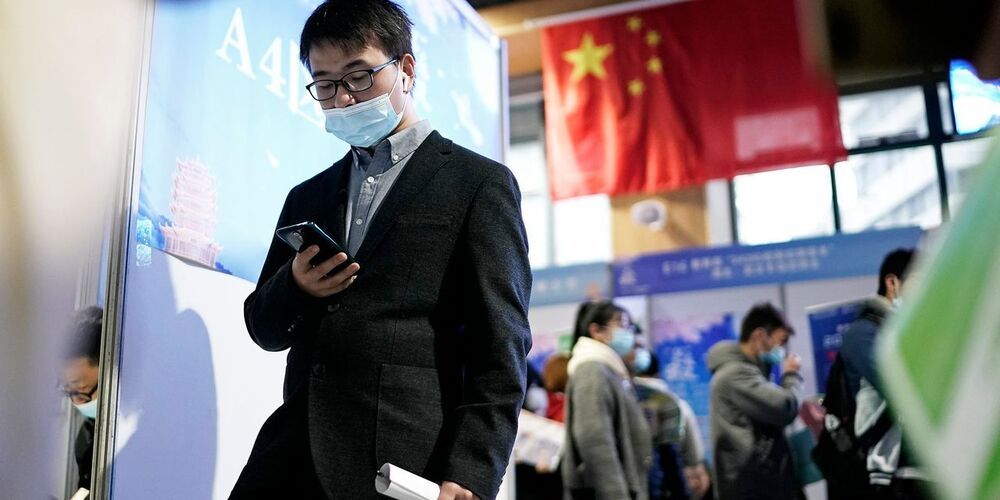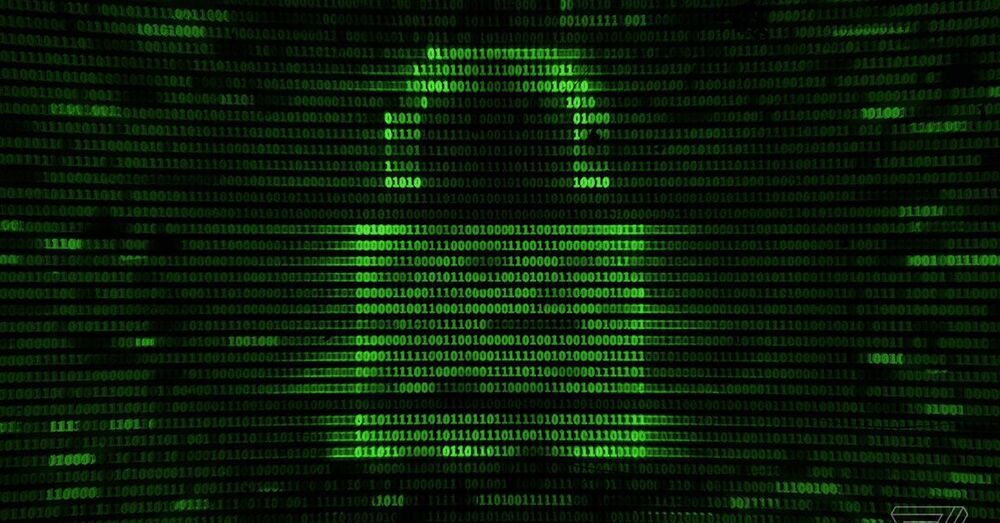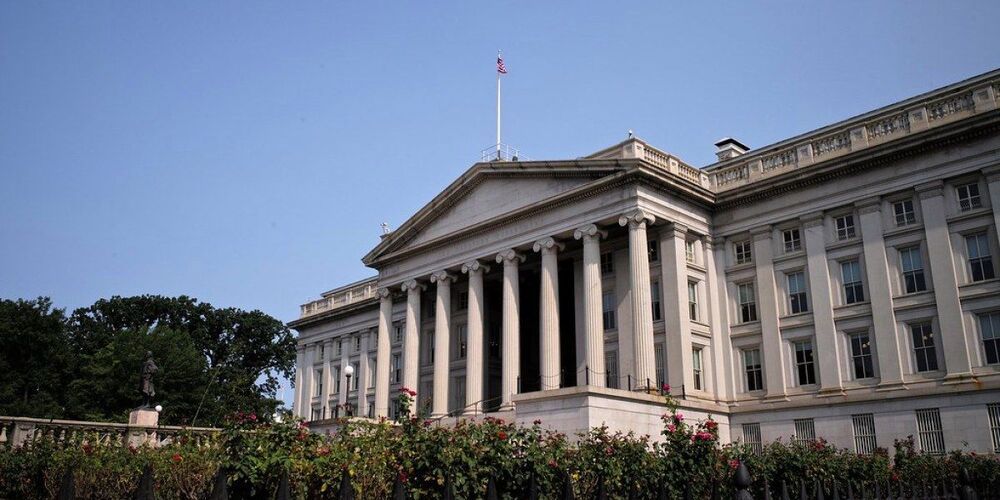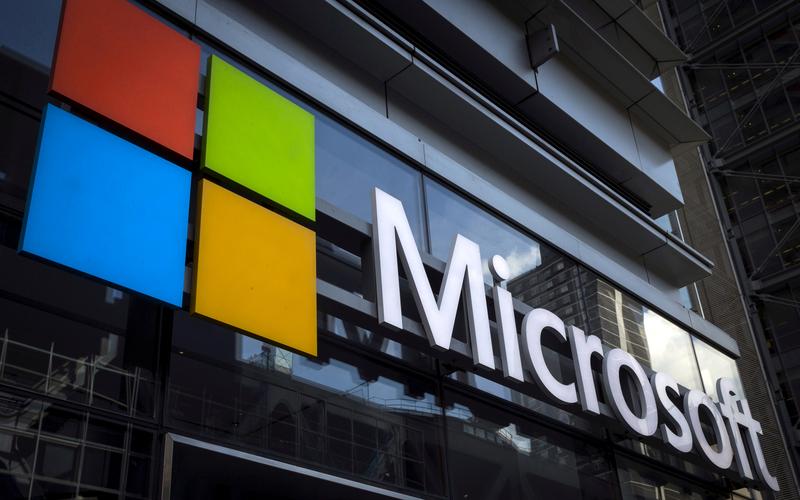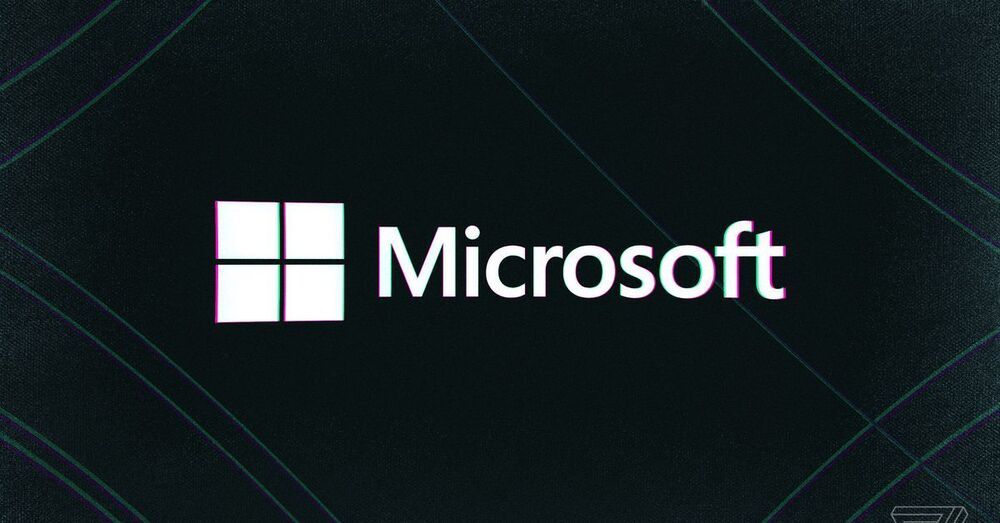Federal officials are disappointed to find that the monoclonal antibody drugs they’ve shipped across the country aren’t being used rapidly.
These drugs are designed to prevent people recently diagnosed with COVID-19 from ending up in the hospital. But hospitals are finding it cumbersome to use these medicines, which must be given by IV infusion. And some patients and doctors are lukewarm about drugs that have an uncertain benefit.
Doctors hope that as word gets out, more people will end up trying these drugs. They are provided to health systems free by the federal government, but it costs money to administer the medication. At first, Medicare set a price that would require many patients to pay a $60 copay, but the Centers for Medicare and Medicaid Services later found a way to waive that fee.
Monoclonal antibodies to prevent severe COVID-19 aren’t being used as widely as expected. Medical staff shortages and patient transportation problems are two of the reasons.

